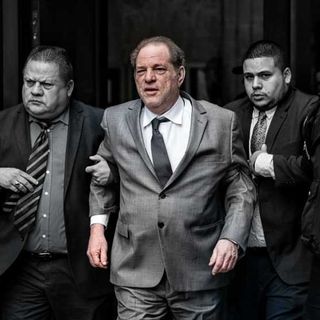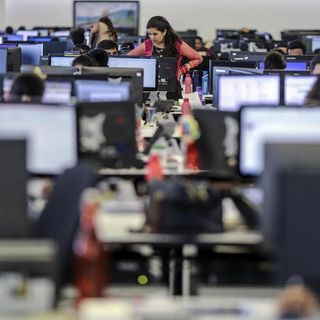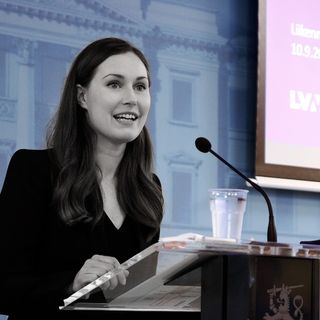On August 5, the Indian government imposed a pre-emptive internet shutdown in the erstwhile state of Jammu & Kashmir after revoking Article 370 of the Indian Constitution, which had ascribed autonomous status to the former state, and its predominantly Muslim population, for 70 years. Since, there has been a deafening silence from people residing in the region — not because they didn’t have enough to say, but because the government had effectively destroyed all forms of communication that would have let the world hear their voice.
As of December 16, J&K’s ongoing internet shutdown has become the longest-ever internet shutdown carried out in a democratic state, internet freedom group Access Now reported. Such an undemocratic, oppressive crackdown on the freedom of speech of close to 7 million citizens is “unprecedented” in its length, Asia-Pacific policy director at Access Now, Raman Jit Singh Chima, told the Washington Post.
Calling the 134-day blockade “draconian,” U.N. special rapporteur on freedom of expression, David Kaye, told the Washington Post, “The original idea that was asserted by the government for shutting down communications was to prohibit unrest, but that really cannot be the argument after four months.” Today, a handful of centers set up by the government offer Internet services; Kashmiris have to make long train journeys to avail of these scarce resources, effectively suppressing any means of expressing dissent in the Kashmir region, where a heavy military presence, curfew, and rules around how many people can gather at a time make impossible any public protest.
The internet shutdown has increasingly become the go-to move for the BJP-led government to quash dissent, mainly from marginalized communities most affected by its policies. In 2018, the #KeepItOn coalition with Access Now reported 196 internet shutdowns from 25 countries; India was responsible for 134, or 67% of them. Most recently, internet shutdowns have been imposed in the states of Assam, Meghalaya, and West Bengal, and in the cities of Aligarh and Meerut, in order to suspend communications between dissenters rising up against the discriminatory Citizenship (Amendment) Act, 2019, which makes undocumented migrants from religious minorities in their home countries — Hindus, Sikhs, Jains, Parsis, and Christians from Afghanistan, Bangladesh, and Pakistan– eligible for Indian citizenship, but does not do the same for Muslim migrants from these Muslim-majority countries or even Muslim migrants who are religious minorities in their home countries — e.g. Muslim Rohingyas from Myanmar, who have been the targets of genocide in their home country, or the Uighurs of China, who are targets of an ethnic cleansing campaign in their country.
Related on The Swaddle:
Why We Can Empathize With Some, Never All
At the same time in Assam, one of the first internet shutdowns has been carried out in response to the recent wave of protests against the National Registry of Citizens, which requires the state’s residents to prove either they, or their ancestors, were in India on or before March 24, 1971, in order to be eligible for Indian citizenship; implementation across the whole country is expected to follow. Experts have interpreted the NRC-CAB combination to be aimed at creating a regime of fear and sealing into law the hostility Muslims experience in the country. In places where the predominantly student-led protests to counter this move have been the loudest, most-efficient, or Muslim-dominated, the government has imposed an internet shutdown under the guise of maintaining peace.
When the unrest is in response to the State, an internet shutdown cannot be seen as a vehicle to curb unrest or maintain peace, but as an oppressive tool used to suppress dissent. As the editor-in-chief of The Kashmir Times wrote in a petition to the Supreme Court at the time of the J&K shutdown: the internet blockade was a “direct and grave violation of the right of the people to know about the decisions that directly impact their lives and their future. This also led to “debilitating restrictions imposed through the complete shutdown on internet and telecommunication services, and severe curbs on the movement of photojournalists and reporters,” he wrote, which he had demanded at the time “be immediately relaxed in order to ensure the freedom of the press and media.”
In a democracy, freedom of speech and freedom of the press are essential pillars that help ensure the human rights of all inhabitants of a country — not just citizens, and not just majorities — stay intact, through active, outspoken, and informed dissent. A democracy purports to represent all people; when the State is denying the internet (such a critical avenue for expression and communication) to minorities and dissenters, with no end in sight — can we really call ourselves a democracy?




